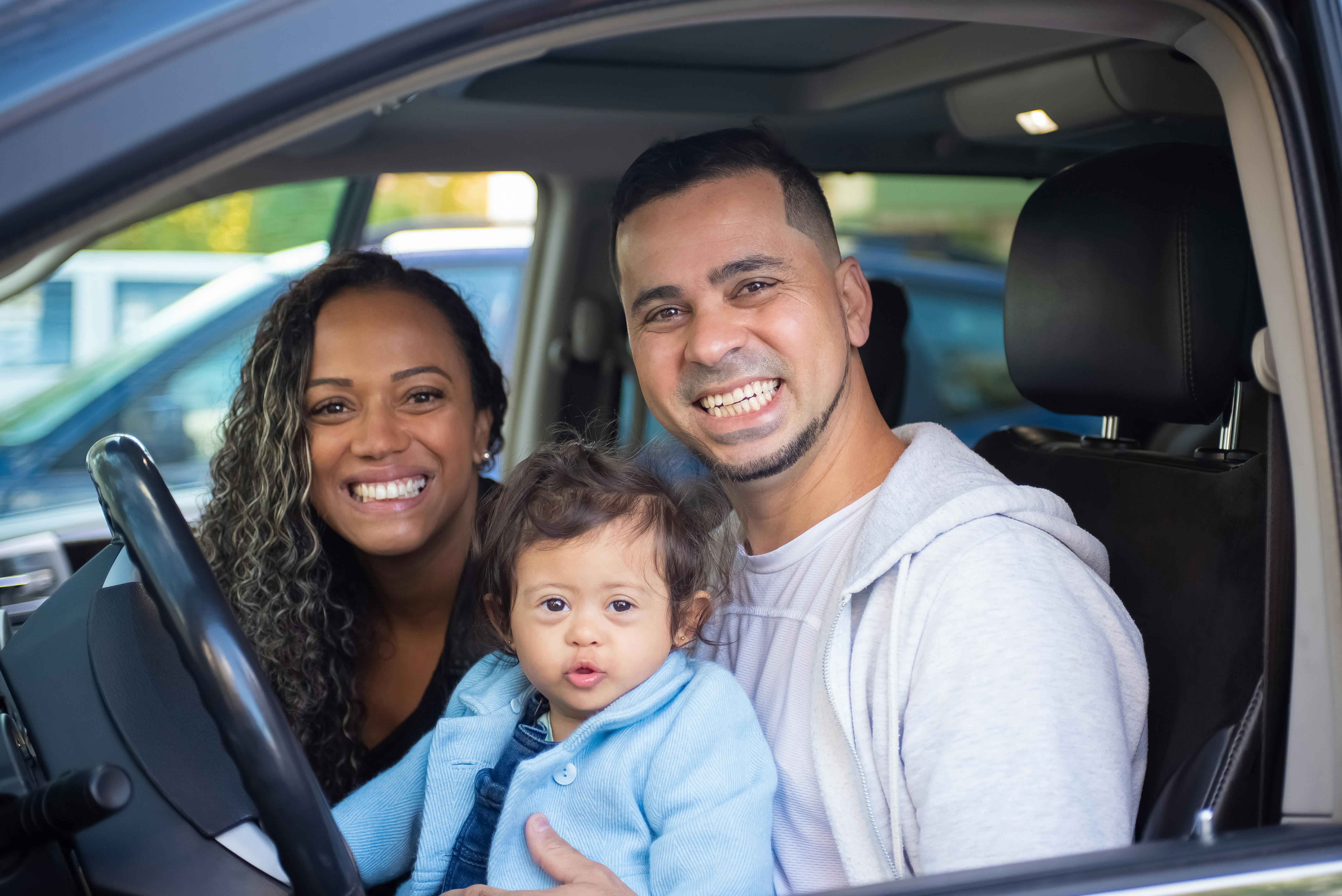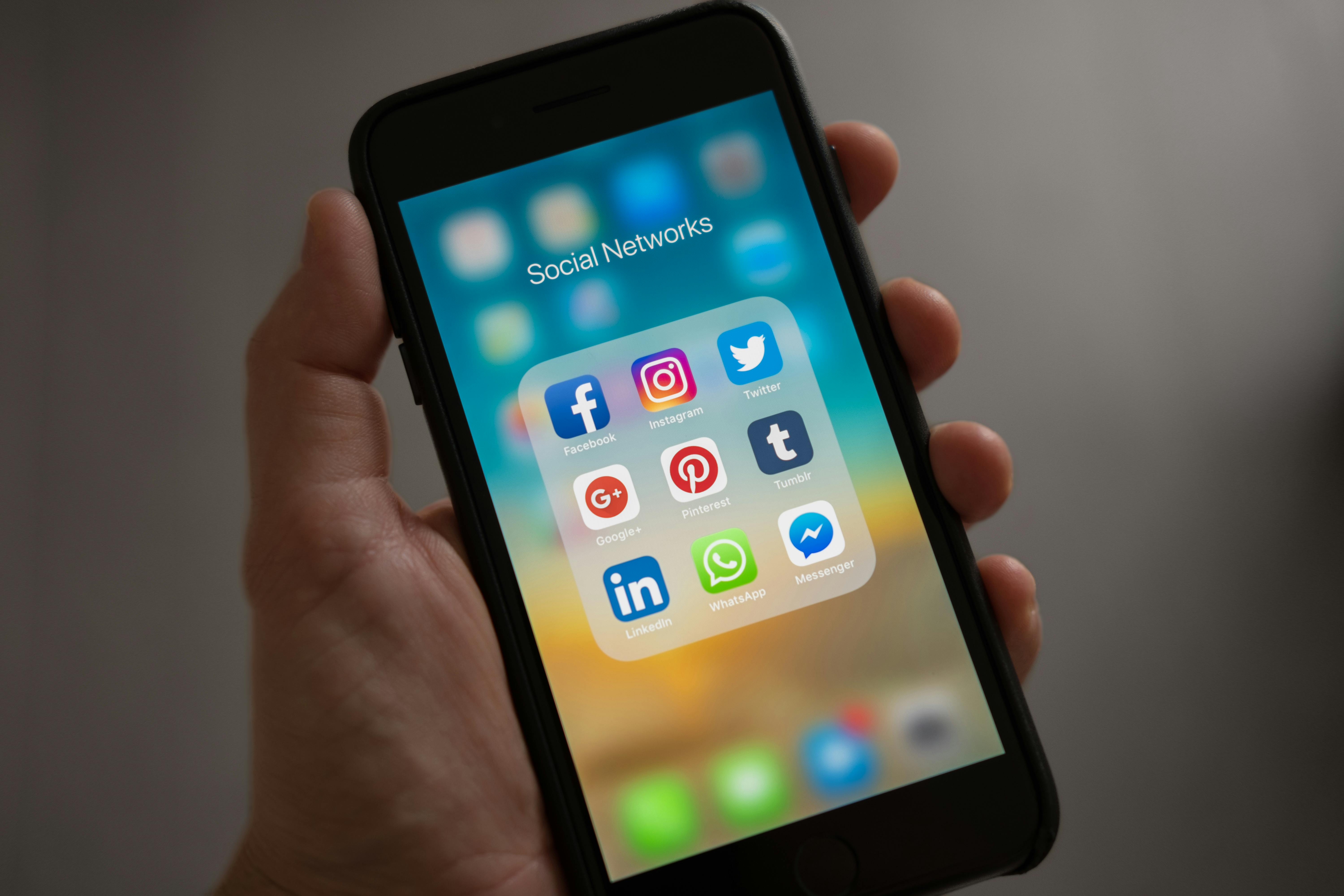
World Down Syndrome Day And The Path To Mental Wellness In African Communities.
By Naghe Wilson.
World Down Syndrome Day, observed on March 21st, is a global awareness day dedicated to advocating for the rights, inclusion, and well-being of individuals with Down Syndrome. This genetic condition, caused by the presence of an extra chromosome 21, leads to developmental and intellectual delays. In Africa, where cultural, socio-economic, and healthcare challenges intersect, raising awareness about Down Syndrome is crucial for fostering an inclusive society that supports the mental health and wellness of affected individuals and their families.
Awareness And Stigmatization
In many African communities, there is a lack of awareness about Down Syndrome, leading to stigmatization and discrimination. This not only affects the individuals with Down Syndrome but also their families, contributing to social isolation and mental health challenges. Educational campaigns and awareness programs are essential to dispel myths, reduce stigma, and promote acceptance and inclusion.
Access To Healthcare and Support Services
Access to healthcare services for individuals with Down Syndrome varies across Africa. Limited resources, inadequate healthcare infrastructure, and a shortage of specialized professionals often hinder early diagnosis and intervention. Providing comprehensive healthcare services, including regular check-ups, therapies, and mental health support, is crucial for the well-being and development of individuals with Down Syndrome.
Mental Health And Well being
The mental health and well being of individuals with Down Syndrome and their families are deeply interconnected. Families often experience significant stress due to the challenges of caring for a child with special needs, navigating healthcare systems, and facing societal stigma. Community based support groups, counseling services, and mental health initiatives can play a vital role in addressing these challenges and promoting emotional resilience and well-being.
Inclusive Education And Employment Opportunities
Inclusive education and employment opportunities are fundamental to the empowerment and social inclusion of individuals with Down Syndrome. By providing access to quality education and vocational training, African communities can help individuals with Down Syndrome develop essential skills, gain independence, and contribute meaningfully to society. Employers and educational institutions must be encouraged to adopt inclusive policies and practices.
Connecting To Mental Health And Wellness In The African Community
Fostering a culture of inclusion and support for individuals with Down Syndrome is integral to the overall mental health and wellness of African communities. By addressing the unique needs of these individuals and their families, we can create a more compassionate and resilient society. This requires collaborative efforts from governments, non-governmental organizations, healthcare providers, educators, and community members to implement inclusive policies, provide necessary resources, and promote awareness.
By working together, we can build a more inclusive and supportive community that values the dignity and potential of every individual.
Recent Post

Latest
PTSD Isn’t Just a War Wound: Everyday Trauma and Its Impact
Read more
Latest
Beyond the Shadow: How Mental Wellness Illuminates the Path to a Drug Free World
Read more
Latest
The Benefits of a Social Media Detox: How Taking a Break Can Improve Your Mental Health
Read more
Latest
DISSECTING NARCISSISM, NARCISSISTIC RELATIONSHIPS AND NAVIGATING HEALING IN BETWEEN
Read more